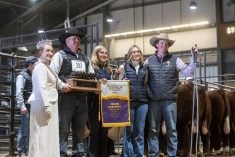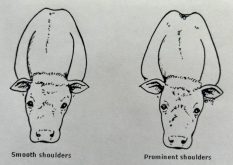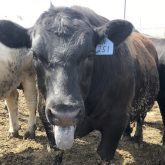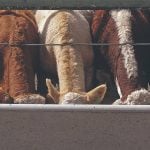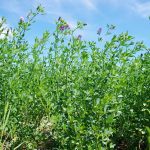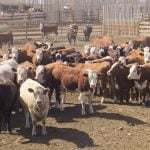A study at the University of Saskatchewan’s Western College of Veterinary Medicine (WCVM) has found that bulls can eat feed contaminated by ergot alkaloids without it severely affecting their reproductive health.
Vanessa Cowan, who conducted the study at WCVM, says they decided to conduct this study after producers expressed concern that ergot in their feed was affecting the fertility of their bulls. As well, there isn’t a lot of research on the topic.
“The goal of this study was to see if concentrations of ergot alkaloids in grain that are currently permissible by Canadian standards for cattle feed had any effects on breeding soundness of bulls,” Cowan says.
Read Also
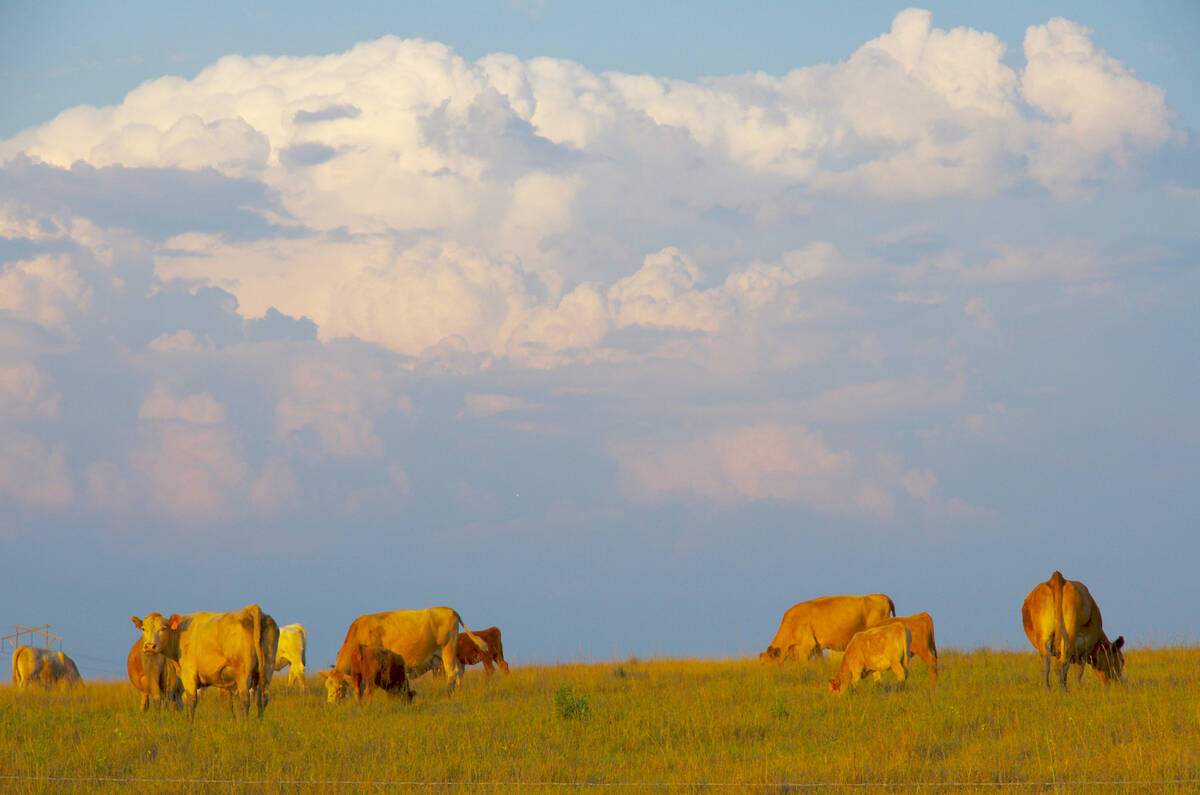
Canadian Beef Check-Off Agency reports on investments and activities
The check-off agency’s work behind the scenes is what ensures cattle check-off dollars are invested wisely, accounted for transparently and deliver measurable value back to producers and importers.
Ergot alkaloids come from the fungi Claviceps purpurea, which can infect different types of grains that cattle consume.
When consumed over time, ergot can cause toxicity, constricting blood vessels. In female cattle, ergot can suppress hormone secretion and reduce pregnancy rates, as well as cause other issues.
Issues with ergot contaminating grain fluctuate every year, but Cowan says it’s their most requested test at their toxicology lab.
For the study, WCVM researchers split Angus bulls into two different groups. Both groups ate the same diet for 12 weeks early in the study. They then fed one group high-ergot feed, at 2,200 micrograms per kilogram for nine weeks. The other group consumed feed with half the ergot concentration.
The Canadian Food Inspection Agency has set the allowable concentration of ergot for cattle at two to three parts per million, which equals 2,000 to 3,000 micrograms per kilogram.
The bulls were followed for another 10 weeks after the study to see if there were any long-lasting effects on their sperm production. Researchers measured sperm motility, concentration and morphology, as well as rectal temperatures and total scrotal circumference.
“At the end of it, what we found is that there seems to be a very subtle, if any, effect of ergot alkaloids on sperm production and breeding soundness in these bulls,” Cowan says.
Cowan says the group of bulls consuming high-ergot feed didn’t have any less viable sperm after the study. The higher ergot could have affected the ability of the sperm to move efficiently, but the morphology and development remained the same.
However, there was also decreased plasma prolactin in both treatment groups. Plasma prolactin is a hormone made by the pituitary gland. In females, this hormone produces milk during pregnancy. Cowan says they aren’t sure how much of a concern that is yet for bulls, but it’s an area that could be investigated further.
“Because (plasma prolactin) is such an important hormone in lactation, there are consequences of it being decreased on the female side, like reduced milk production.”
For the producers who initially reached out to WCVM with concerns about how ergot alkaloids were affecting their bulls, Cowan hopes the results of the study are beneficial.
“We thought that was good news in the sense that, at least on the bull side of things, that things don’t seem to be strongly affected.”
Going forward, Cowan says they would like to assess if ergot affects cryo-preserved semen samples or artificially inseminated cows.




